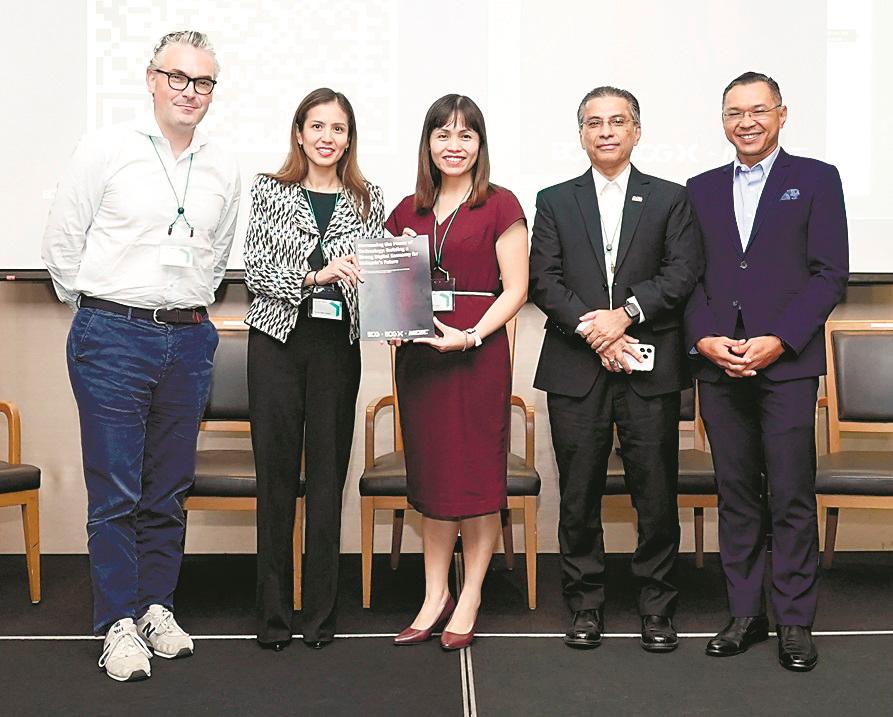KUALA LUMPUR: The exemption granted to Elon Musk’s Starlink for 100% foreign ownership is in line with existing policies for companies with Malaysia Digital Status (MDS), said Deputy Minister of Communications and Digital Teo Nie Ching .
She said that it is not unusual for the government to allow a company, especially foreign investments from overseas, to have 100% foreign equity.
“Actually, according to the government policies, if a company which has acquired the Malaysia Digital Status, they are entitled to 100% foreign equity according to the existing policy,” she told reporters after the launch of Boston Consulting Group (BCG)’s tech build and design unit – BCG X – and Malaysia Digital Economy Corporation-BCG’s joint report on the digital ecosystem today.
Starlink Malaysia is currently 100% foreign-owned by Starlink Holdings Netherlands that’s based in Amsterdam. Starlink under Starlink Internet Services Malaysia Sdn Bhd has been granted the Network Facility and Service Provider licence on July 17, 2023 with a duration of 10 years. This will allow Starlink to legally offer commercial satellite services in Malaysia.
Teo believes that Starlink’s entry into Malaysia will greatly aid digital adoption, especially in remote and underserved areas where connectivity has been a challenge.
“I think it will definitely help us in terms of digital adoption because Starlink provides a solution that connects even remote areas, including those at sea, through satellite technology.
“In terms of infrastructure, we are ready, and we just need to ensure that our industry players across the sectors have the willingness to adopt digital initiatives. But I think this is an ongoing process, whereby we need to provide more and more adoption programes for them. And then we can enroll more of them to be part of this digital economy ecosystem,“ she said.
She also highlighted the role of 5G in advancing the digital economy. “We are in the midst of ensuring that the infrastructure is continually improving, and therefore, 5G adoption is very important.”
She added that when the government made the decision to switch from a single wholesale to a dual network, one of the criteria set is to ensure that the country achieves 80% 5G coverage in populated areas by the end of the year.
“When we talk about digital transformation, first and foremost, you need to ensure that the infrastructure is ready. There is no point for us to talk about big data or AI if our internet infrastructure is not up to par. Hence, I think they are all linked together.
“Additionally, I believe that by making sure our 5G rollout aligns with our plan and by having Maxis sign up for the subscription agreement with the DNB, which means that more and more users will have access to 5G, we are on the right track to provide this ecosystem necessary to boost our digital economy,“ she said.









